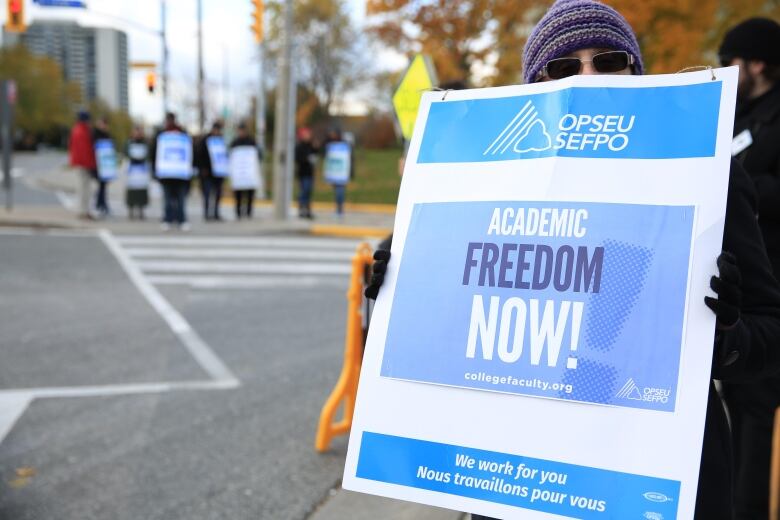Sault Ste. Marie Steelworkers take flack for backing PC candidate: 'this is democracy'
Unions no longer able to donate to parties or pay members to work on campaigns
It was surprising news for many across Ontario.
United Steelworkers Local 2251, one of the largest union locals in northern Ontario, are throwing their support behind the Progressive Conservative candidate in Sault Ste. Marie, incumbent Ross Romano.
"Surprised? It's hard to say," long-time 2251 president Mike Da Prat says of his own reaction to the results of a membership vote.
But other unions in Sault Ste. Marie and elsewhere certainly are surprised — in some cases upset — and have been calling Da Prat to say so.
"A dictator, whether benevolent or not, is still a dictator. This is democracy. I believe what they wanted me to do was decide for the members who they supported. And I'm not going to do that," he says.
Da Prat says Local 2251, which represents the steel production employees at Algoma, decided years ago to put its endorsement to a membership vote, after automatically backing the New Democrats for decades.
But, during the Sault Ste. Marie byelection of 2017, only 16 of the 2,100 members cast ballots in the endorsement vote.
Da Prat would only say the turnout this time was larger than that, but still very low.
He says it's a myth that all unionized workers vote for the NDP.
"If the executive of local unions could deliver the vote of their members, the NDP party would have been in power for the last 60 years. The reality is they can't," says Da Prat.

Joe Krmpotich has been a member of USW 2251 for 40 years and is now a union staff rep. He is also a Sault Ste. Marie city councillor and was the NDP candidate in last year's provincial byelection.
"I don't feel angry about anything. You know, the best thing to do if there's an issue is work to resolve it," he says.
"I know hundreds of 2251 members who support the NDP and will vote NDP."
But some say this is a big deal.
Larry Savage, the chair of the labour studies department at Brock University, says a Steelworkers union backing a Conservative is "a real shock."
He says the Progressive Conservatives under Doug Ford have been courting blue collar industrial workers across the province in this campaign, much the way Donald Trump did in the 2016 U.S presidential election.
"I think they're fine tuning their campaign to really go after working class voters in a way that they really haven't before," says Savage.
He says this could also be a sign of the divide between private and public sector unions, especially in an election campaign where the leading PCs are promising deep cuts to government spending.

But Michel Bisaillon, northern Ontario regional vice-president for the Ontario Public Service Employees Union, disagrees.
"I think there's too much being made about that. You know, every local of every union has its own culture," he says.
Savage says this will be an election that labour analysts like him will pick apart in the months to come.
Aside from the Sault Steelworkers backing the blue party, he says the teachers and construction trades union that were the backbone of Liberal support since they came to power in 2003 have all shifted their endorsements to the NDP.
The other big change is the new campaign financing rules that prohibit unions from donating to parties or candidates, or paying their members to work on campaigns.
Bisaillon says for OPSEU, it's meant a new focus on educating its own members on the issues and trying to get them to think about their own job when voting on June 7.

